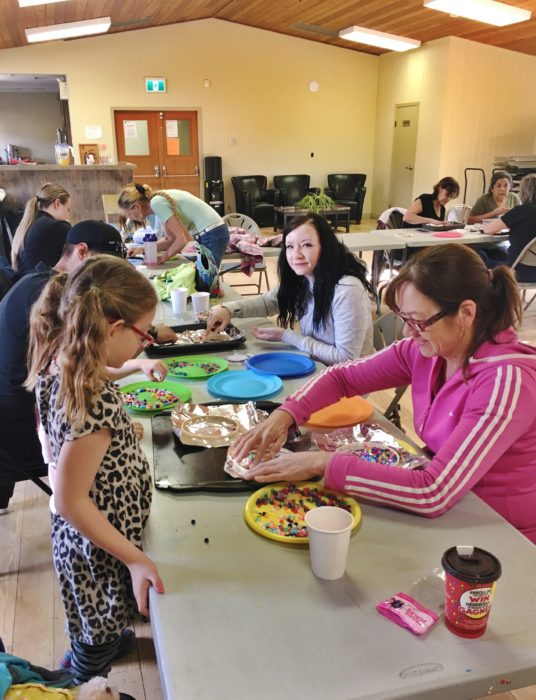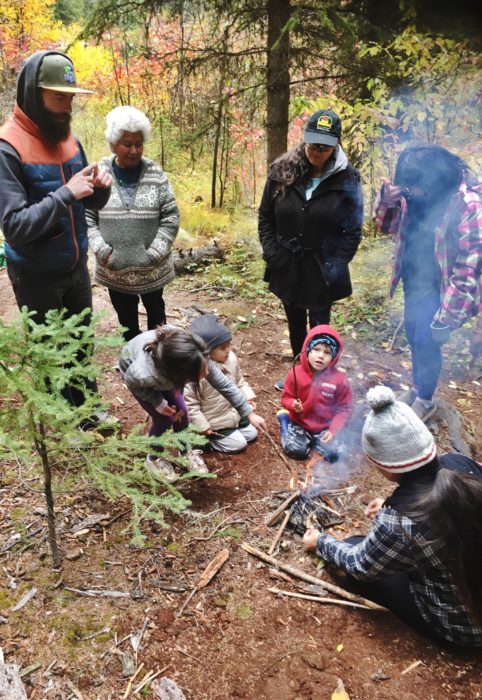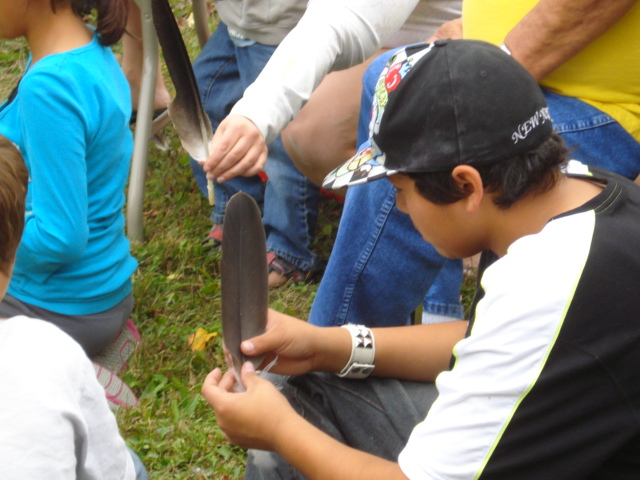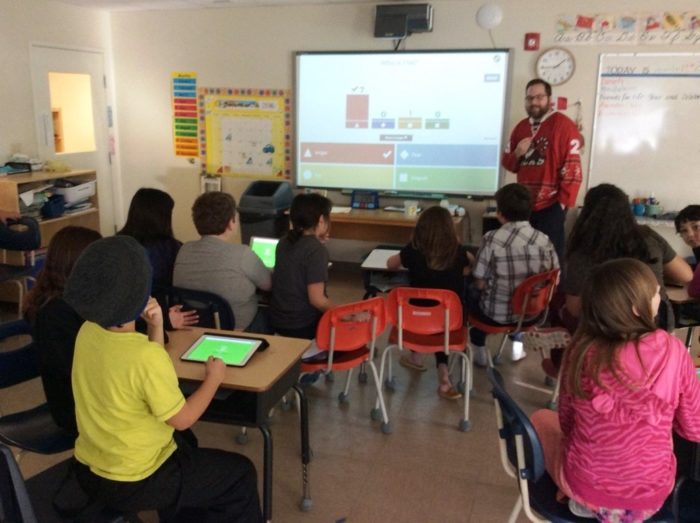
KKCFSS Practice Philosophy
To best understand Ktunaxa Kinbasket Child and Family Service Society’s approach to practice can be best seen as the growth of a tree:
The roots are the Values and Principles, including the Signs of Safety practice principles and elements that are strong and far-reaching.
The Approach of questioning first and holding up strengths is firmly rooted in these principles and is unyielding, much like the trunk of the tree.
The branches are the tools we use (such as Mapping) and through them comes our practice approach that respects the sacredness of relationships between children, their families, their communities, and their Nations and culture above all else.
Ktunaxa Kinbasket Child and Family Service Society’s practice is rooted in the values and principles of the Ktunaxa, Shuswap and Métis peoples. In addition to British Columbia’s Child, Family and Community Service Act, and abiding Legislation, our practice is guided by “Signs of Safety” and other recognized best practices. This foundation is recognized in both the practice approach and tools employed in the delivery of supports and programs.
KCFSS Service Delivery Values & Principles
KKCFSS Service Delivery Values
KKCFSS Service Delivery Values
- All activities, plans, and actions will be guided by the Ktunaxa culture and its values and principles
- Honesty, willingness, openness, trust, fairness, patience, respect, integrity and professional conduct are the basis of interaction and relationships
- Fiscally responsible and sustainable in use and allocation of resources.
- Leadership in innovation
- Inclusivity: working cooperatively to achieve common goals
- Skilled and efficient Ktunaxa workforce
- Effective communication
- Safe and supportive interactions
- Openness, accountability, and transparency at all levels of KKCFSS
- Knowledge and experience of past generations is connected to envisioning and planning for the future
- Everyone has a part to play in collective decision-making. We value every contribution: ideas, suggestions, and questions.
- Respect for the responsibilities and rights of individuals
- Balance between individual and collective responsibilities and rights
- Just and fair (equitable) treatment of individuals
- Individual commitment and fulfillment of personal responsibility
- Honesty
- Freedom of choice
- Appreciation of everyone’s knowledge, at their different levels
- Acceptance of unique strengths and limitations of each individual
- Sharing, working together, positive encouragement, and supporting one another
- Respect for opinions of other people and individual identity
- Empathy
- Adaptability and flexibility
- Mistakes are chances to grow
- Balance in mental, physical, emotional, spiritual and economic wellbeing
- Safety and security at all levels
- The strength of the communities KKCFSS serves are directly related to the strength of the individuals, families and groups that make up the community
KKCFSS Service Delivery Principles
KKCFSS Service Delivery Principles
- Policies and decisions are enforced and applied equally to all: there are no double standards
- Communication is timely, frequent and open, and conducted with respect and integrity. Consistently communicate with clarity, patience, and precision
- Feedback is constructive and helpful: listen to understand each other
- Diversity and creativity of ideas, opinions and approaches are encouraged and respected
- Personal initiative and collaboration are used to solve problems
- Dispute and conflict resolution are considered constructive and opportunities leading to improved decisions and relationships
- Incorporate knowledge and experience from past generations in our practices and connect this to the envisioning and planning of the future
- Recognize, understand and respect the institutional culture, operating procedures and processes of different governments
- Foster ongoing learning and continuous improvement
- Develop and maintain healthy relationships with agencies and organizations based on mutual understanding and respect
- Effectively communicate with Ktunaxa Citizens, communities, and other entities within the ʔamakʔis Ktunaxa
- Ensure transparency and accountability is present in all activities
- Work collectively toward a common vision
KKCFSS Values and Principles: Sources
Ktunaxa Kinbasket Child And Family Service Society Mission
Ktunaxa Kinbasket Child And Family Service Society Values
Ktunaxa Kinbasket Child And Family Service Society Vision
Ktunaxa Kinbasket Child And Family Service Society Principles
Ktunaxa Nation Service Delivery Principles
Ktunaxa Nation Vision
Ktunaxa Nation Beliefs
Principles
KKCFSS Values and Principles: Sources

- Ktunaxa Kinbasket Child and Family Service Society Mission Statement
- Ktunaxa Nation Service Delivery Principles
- Ktunaxa Kinbasket Child and Family Service Society Delegation Agreement Principles
- Métis Commission for Children and Families Principles
- “Signs of Safety” Practice Model
- Child Family and Community Service Act: Guiding Service Delivery, and Best Interest Principles
Ktunaxa Kinbasket Child And Family Service Society Mission

“The Ktunaxa Kinbasket Child and Family Service Society is committed to working collaboratively with the Aboriginal Families and Communities of the Ktunaxa Territory to increase their capacity to nurture and care for their children in a culturally relevant and holistic manner.”
Ktunaxa Kinbasket Child And Family Service Society Values

The Ktunaxa Kinbasket Child and Family Service Society (KKCFSS) Board of Directors are made up of members of the Ktunaxa First Nation, the Shuswap First Nation and Métis Nation British Columbia. Ktunaxa, Shuswap and Michif translations are listed respectively below each subheading.
KKCFSS Values were created by KKCFSS Board of Directors and KKCFSS Coordinators.
Ktunaxa Kinbasket Child And Family Service Society Vision

All services provided by KKCFSS are delivered to all peoples in a culturally sensitive manner regardless of their cultural descent. KKCFSS strives to serve the Aboriginal and Métis population within the Ktunaxa Traditional Territory in a culturally relevant and holistic manner.
Ktunaxa Kinbasket Child And Family Service Society Principles
The Ktunaxa Kinbasket Child and Family Service Society (KKCFSS) operates in Ktunaxa Territory, with Ktunaxa values integrated into planning and delivery of services. KKCFSS recognizes other tribes and tribe members living within the Ktunaxa Territory and their unique cultures. Our Values, Principles, Programs and Services reflect this recognition.
KKCFSS Principles were created by KKCFSS Board of Directors and KKCFSS Coordinators.
Program/Service Development & Delivery
- Citizens of the communities we serve, including the views of the family and ancestral community of the child, wherever possible and appropriate are central to the design and delivery of programs and services.
- Ktunaxa and KKCFSS values are integrated into planning and delivery of services.
- Service Development and delivery are influenced by personal and community experiences including Residential Schools, the 60’s Scoop and World War II.
- Programs and services address causes including systemic and structural barriers.
- Program and services are culturally-based.
- Programs and services are established and continuously evolving based on program and service outcomes and the diverse and evolving needs priorities and expectations of individuals, families, love yourself as if your life depended on itand communities, including their cultural, linguistic, spiritual, social, emotional, physical and cognitive development.
Culture and Tradition
- Cultural, racial, linguistic, and spiritual beliefs, including knowledge and traditional practice, are integral to the well-being of individuals, families, and communities.
Regulations and Acts
- Delegated services are provided in accordance with the Child, Family, & Community Service Act and AOPSI.
- Program and service delivery structures are aligned with Legislation, regulations, standards and policies.
- Program and service deliver structures are strength-based, aligned with Signs of Safety and the KKCFSS Case Management Model.
Service Integration
- KKCFSS services are integrated, wherever possible and appropriate, with government Ministry and community agency services and programs based on family needs and expectations.
Program and Service Information and Accessibility
- Family and children are informed of the services available to them.
- Programs and services are accessible to every citizen of the communities we serve, whether on or off reserve, Status or non-Status.
Accountability
- Programs and services are regularly monitored and evaluated in a transparent manner.
Planning for Children
- The preferred environment for the care and upbringing of the children is the family or the people significant to the child. If required, support services will be provided to assist in establishing a safe and nurturing environment for a child.
- In permanent or temporary planning for a child, relationships, and potential for future relationship with family, extended family and ancestral community are considered and will be preserved.
- Preservation of a child’s sense of identity, belonging, acceptance and connection to his/her cultural community is essential in determining the child’s best interests.
KKCFSS Responsibility/Child Entitlement
- KKCFSS ensures the safety, well-being, and the best interest of children, recognizing that children are entitled to be protected from abuse, neglect and harm or threat of harm.
Decision-Making
- Families are involved in decisions that affect them, i.e. considering the impact on a child, making or keeping connections and purposeful planning.
- Views of the child are taken into account when decisions relating to the child are made, considering factors such as maturity, physical and emotional needs, development level and the child’s level of understanding.
- Decisions relating to children are made and implemented in a timely manner.
Confidentiality
- Clients’ personal information and privacy are protected with the context of child protection legislation and acts.
Ktunaxa Nation Service Delivery Principles
Governing/Institution Principles
- Relationships, programs, services, supports, practices, and governance structures are based on Ktunaxa ways of knowing and being.
- Ktunaxa values are integrated into planning and delivery of services.
- Self-government begins with strong, healthy citizens and communities.
- Cultural knowledge and traditional practices are respected as integral to the well-being of individuals, families, and communities.
- Development approaches center on the best interests of the client and are delivered within a holistic approach, as defined by Ktunaxa Nation.
- Engagement with Ktunaxa citizens and communities is central to the design and delivery of programs and services.
- Programs and services are regularly monitored and evaluated in a transparent manner to ensure that budgets are managed efficiently, and desired outcomes are being achieved.
- Program and service funds are only used in the most effective, fair and responsible manner, respecting the conditions and criteria attached to funds.
- Services will continuously develop, based on evidence of what works.
- Best practice standards for core services are established by combining evidence based data with cultural influences.
- Program and service delivery structures are aligned with Legislation, regulations, standards, and policies.
- Services are integrated with other services provided by government ministries and community agencies, wherever possible (and appropriate).
- Services are coordinated and integrated at community and Nation levels.
Client Interaction Principles
- The needs, priorities and expectations of clients are at the core of how services are delivered;
- Clients are treated with dignity, respect, and fairness.
- Service delivery respects the differences amongst clients, including but not limited to cultural, geographic, social, economic, and demographic diversities.
- Clients are provided with clear, reliable, accurate and current information about services.
- Programs and services are accessible to every Ktunaxa individual, whether on or off reserve, Status or non-Status.
- Clients’ personal information and privacy are protected.
- Cultural diversity rights, views, values and expectations are respected in the delivery of services;
- Programs and services address root causes including systemic and structural barriers which impact the well-being of Ktunaxa individuals, families, and communities.
- Programs and services are responsive to the diverse and evolving needs of individuals, families, and communities, supporting their social, emotional, physical, cognitive, cultural, linguistic and spiritual development.
Ktunaxa Nation Vision

“As a Nation we are striving to achieve strong, healthy citizens and communities speaking our languages and celebrating who we are and our history in our ancestral homelands, working together, managing our lands and resources, as a self-sufficient, self-governing Nation.”
Ktunaxa Nation Beliefs

- “It takes a village to raise a child”
- Everyone has value
- Everyone has purpose
- Respect one another
- Always give thanks
- Never take something without putting something back
- Children are a gift from the Creator
